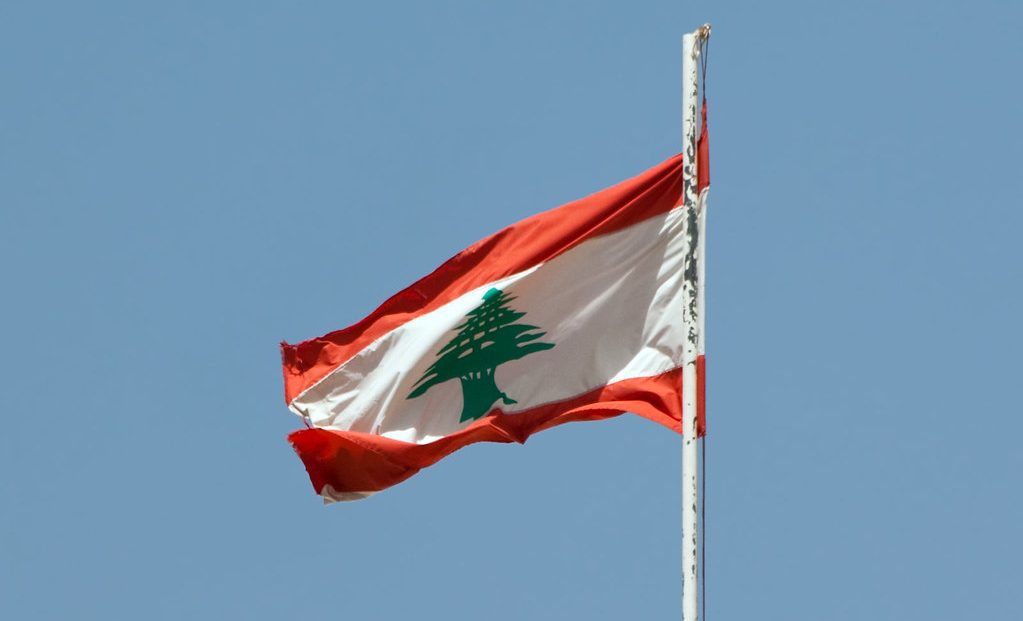The Qatari entity played another important role following the 2020 explosion of the Beirut Port, which caused significant damage in the vibrant Lebanese capital.
Qatar and Lebanon discussed cooperation in the humanitarian and developmental sectors on Tuesday, as the Gulf state continues to support Beirut in numerous fields.
The discussions took place in Doha between Sultan Ahmed Al-Aseeri, the Qatar Fund for Development’s (QFFD) Deputy Director General of Development Projects, and Hector Hajjar, Lebanon’s Minister of Social Affairs.
Hajjar was in the country for the 15th Doha Conference on Interfaith Dialogue, which focused on the “family structure in light of changing world” and under the theme “Integration of families, faith, values, and education.”
QFFD has been among the key Qatari entities supporting Lebanon as it faces its worst economic crisis since the 1975 Lebanese civil war. Since 2019, the Lebanese currency has lost more than 90 percent of its value to the U.S. dollar.
In February, QFFD delivered the sixth and final batch of diesel and mazut to Lebanon under a $30 million agreement signed between Doha and Beirut in August 2023. The agreement stipulated the delivery of fuel for six months.
Under a separate initiative in 2022, QFFD announced an aid package of 991,000 litres of fuel to power government-run hospitals and elderly care facilities.
This came after Qatar pledged $60 million in assistance to the Lebanese military in 2020.
QFFD also launched a project in 2022 to restore the old market in the Lebanese village of Douma in a bid to boost commercial movement amid the country’s economic crisis.
Meanwhile, last year, QFFD supported patients in need at St. John’s Hospital in Lebanon. The agreement aimed to benefit more than 1,000 critical patients by providing them with “quality health services.”
Seeking to provide key services to refugees and displaced people globally, QFFD has been supporting Syrian refugees in Lebanon.
In 2022, QFFD and the United Nations Refugee Agency signed a $2.6 million agreement to provide multi-purpose cash assistance for some 96,000 of the most vulnerable Syrian refugees in Lebanon and Jordan for two months.
Then in 2023, QFFD and the International Organization for Migration completed a one-year livelihood project that supported Syrian refugees and vulnerable Lebanese in Bekaa and North Lebanon.
Syria alone accounts for 6.5 million refugees globally, of which 1.5 million are in Lebanon, according to the UN.
Qatar’s assistance after Beirut Port explosion
The Qatari entity played another important role following the 2020 explosion of the Beirut Port, which caused significant damage in the vibrant Lebanese capital.
At the time of the explosion, Qatar’s Amir Sheikh Tamim bin Hamad Al-Thani dispatched personnel from the Qatari Search and Rescue Team of the Lekhwiya, or Internal Security Force, to help with emergency rescue operations.
Sheikh Tamim also donated $50 million to help rebuild the capital, with damages estimated to be worth at least $15 billion.
Then in 2021, QFFD and Lebanon’s health ministry signed a memorandum of understanding to reconstruct the old building of the Karantina Hospital in Beirut following the explosion.
QFFD, Education Above All Foundation, and Lebanon’s Ministry of Education signed another MoU to rebuild schools damaged by the blast.
To date, some buildings are still damaged and the destroyed port continues to trigger memories of the tragedy.
The blast is considered to be one of history’s largest non-nuclear, human-caused explosions, where more than 200 people were killed and 6,000 others were injured.
Numerous investigations had revealed that Lebanon’s politicians were aware of the presence of the explosive ammonium nitrate at the port for years. Despite this, corruption has obstructed all efforts to hold those involved in the explosion to account.







